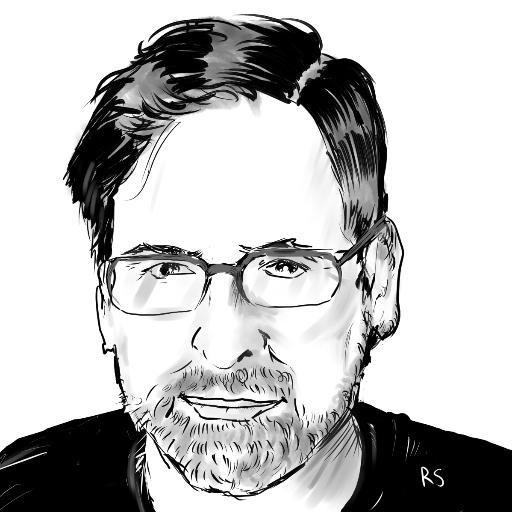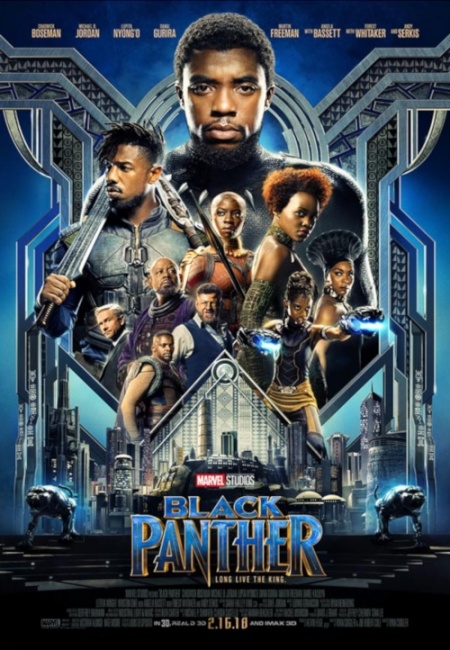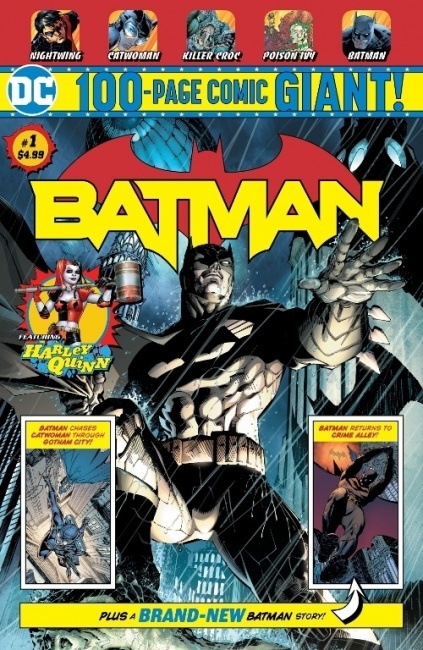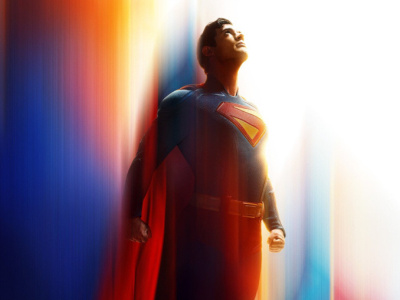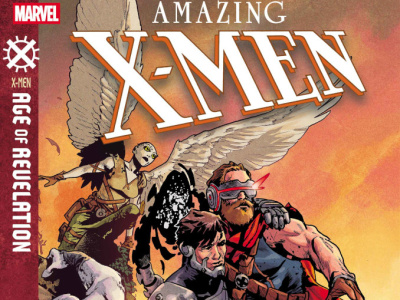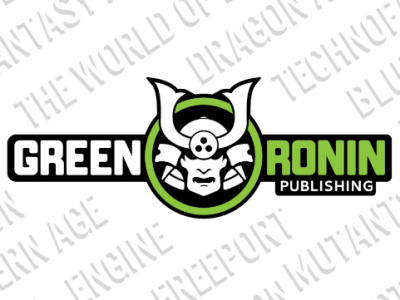As we prepare to consign 2018 to the ash heap of history, let’s pause for a look back at the events and stories that shaped the world of comics and geek culture over the past 12 months.
Stan Lee, RIP. Like it or not, Stan Lee was the face of American superhero comics: a legendary story-teller, marketing genius, film cameo kingpin and avuncular spokesman for geek culture from its earliest days to the current moment of global superhero saturation. Stan was with us for so long and was so ubiquitous that it seemed like he’d be around forever, even though troubling signs of decline started to appear in the last couple of years. The debate over his role in the creation of the Marvel pantheon will no doubt continue for decades. As to his importance to the business, it’s hard to imagine fan culture, the idea of a superhero universe (much less a multi-billion dollar cinematic universe), or the ambitions of mainstream comics to reach older audiences without Smilin’ Stan leading the Merry Marvel Marching Society and making a generation of fans feel like they were part of something special when they picked up an issue of Spider-Man or Fantastic Four. 2019 will be the first year since 1939 when there’s an American comics industry without Stan Lee as a part of it, and it will never be the same.
Black Panther Makes History. Though lots of superhero movies made noise at the box office this year, one led the charge. Black Panther, the 18th film in the MCU oeuvre, not only shattered records with a global haul of nearly $1.4 billion, but also changed minds about what a superhero movie could be. The amazing Afro-futurist world of Black Panther was visually stunning, and the character relationships between Chadwick Boseman’s T’Challa, Michael B. Jordan’s complex and charismatic villain Killmonger, and the many strong women including Letitia Wright’s scene-stealing performance as T’Challa’s sassy younger sister Shuri, kept audiences and critics happy. Black Panther is already up for some major industry awards, with more to come. People are starting to wonder if this genre has run its course. Not if filmmakers continue to widen the horizons of storytelling, visual effects and diversity of representation with movies like Black Panther and Spider Man: Into the Spider-Verse.
Changes Roil the Comic Publishing World. Time will tell whether 2018 was the start of a publishing renaissance or the peak of a publishing bubble. A bunch of new imprints either spun up this year or started making more noise in the market: a few new superhero universes, some direct-to-digital initiatives, a couple of projects aimed at older, non-superhero genre fans. At the same time, there were lots of changes at the top. The year began with Valiant being acquired by Chinese-backed DMG Entertainment, leading to the ouster of co-founders Dinesh Shamdasani and Jason Kothari. Lion Forge made some big changes, bringing in Gail Simone and expanding their kids and teens lineup, before announcing a round of layoffs right before the holidays. IDW lost editor-in-chief Chris Ryall, then co-founder and President Ted Adams stepped aside over the summer, then just replaced publisher Greg Goldstein with Ryall last week. Editor Joe Illidge was out at Lion Forge, then in at Valiant, and now out again. All this turmoil took place against an economy where direct market sales were basically flat and the biggest growth in the business continued to be young readers and the book channel.
DC Experiments with Walmart Exclusives. DC ruffled feathers in the direct market earlier this year with its new program to distribute 100-page specials of Superman, Batman, Teen Titans and Justice League via big-box retail giant Walmart. The titles, available exclusively at Walmart, feature new content from fan-favorite creators Tom King, Brian Michael Bendis, Dan Jurgens and Andy Kubert alongside reprints of popular stories from the past 8-10 years. This represents a major effort to expand distribution of periodical superhero comics beyond the network of independent comic shops, with material as likely to attract the interest of hardcore fans as casual readers. Issues with supply and display of the comics bedeviled the program early in its launch, and some of the Walmart exclusives started going for premium prices on eBay and in the secondary market, particularly to fans outside the US or in major metropolitan markets that don’t have a Walmart nearby. If this effort gains traction, its impact bears watching in 2019.
'Comicsgate' Dumpster Fire Rages. Political polarization came to comics fandom "bigly" in 2018, with an upswing in sites and YouTube channels trafficking in grievance and harassment. Spearheaded by people who don’t deserve mention by name in this column, the self-proclaimed "anti-social-justice" movement ramped up its media profile this year with unflattering feature stories in the Washington Post, Vulture, the Guardian and other mainstream outlets, while drawing pushback from industry professionals and fans alike. Members of this subculture also became more litigious, suing writer Mark Waid and, separately, 11 independent cartoonists who called them out on their misbehavior. While unlikely to be successful in court, these filings impose a financial burden on those targeted and create a chilling effect on speech within the industry. The rising toxicity of fan culture, and the increasing organization and sophistication of those toxic elements, threatens the gains that pop culture fandom has made in recent years toward expanding its footprint with more diverse audiences, creators and characters. Hopefully this is will be a "done-in-one" industry trend that we won’t need to talk about next year, but I’m not holding my breath.
Of course there were lots of other happenings in the biz like increasing consolidation and sponsor presence in the convention space, the ongoing takeover of TV and streaming services by comic-based content, a slew of deals between comic creators and Hollywood studios, another great year for graphic novels, advances by comic art into the world of galleries and museums, and more. Stay tuned over the holidays for my annual forecast of next year’s biggest stories, and a scorecard of how I did in 2018!
The opinions expressed in this column are solely those of the writer, and do not necessarily reflect the views of the editorial staff of ICv2.com.
Rob Salkowitz (@robsalk) is the author of Comic-Con and the Business of Pop Culture.
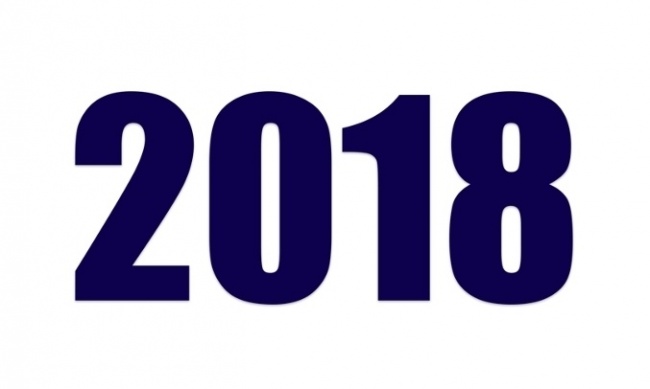
Column by Rob Salkowitz
Posted by Rob Salkowitz on December 18, 2018 @ 12:34 am CT
MORE COMICS
Column by Rob Salkowitz
July 14, 2025
Superman isn't a character who needs a general introduction to the broader public; he just needs an existing global fanbase to take a fresh look.
From Marvel Comics
July 14, 2025
Learn about five upcoming Age of Revelation series: Amazing X-Men, Binary, Laura Kinney: Sabretooth, Longshots and World of Revelation.
MORE COLUMNS
Column by Scott Thorne
July 14, 2025
This week, columnist Scott Thorne discusses Green Ronin Publishing's GoFundMe to fund its legal fight against Diamond Comic Distributors, and the soft preorders for the latest Horus Heresy box.
Column by Scott Thorne
July 7, 2025
This week, columnist Scott Thorne looks at the effect of Diamond Comic Distributors' bankruptcy on the games industry.



